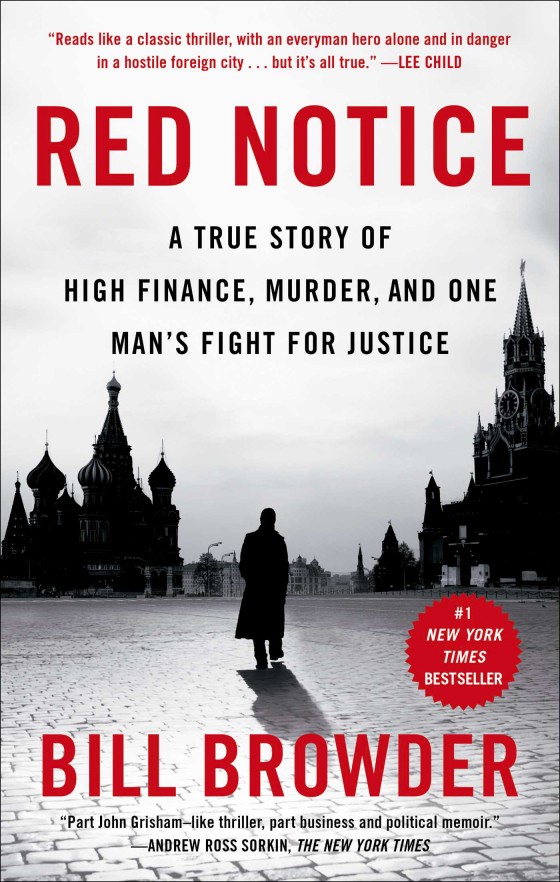
A Dictionary of Cool Words That Hide True Feelings & Meanings from Parents Many of the strange vocabulary words, that Jude and her friends, from my new novel The Far Side, use, arise from their need to create a sense of linguistic privacy from the grownups. These are real and come from hard-to-translate words from other languages, professions, or sub-cultures. Age-otori — a feeling that you look worse after the haircut. (Based on a Japanese word.) Ataraxia — a sense of stoic calm. (Based on an ancient Greek word.) Backpfeifengesicht — a face in need of a fist. (Based on a German word.) Chingada — a hellish place where all that annoy you go. (Based on a Spanish word.) Desenrascanço — to find a creative way out of a bad situation. (Based on a Portuguese word.) Dépaysement — the sense of displacement one feels when visiting a foreign country and being far from home. (Based on a French word.) Doppelgänger — a duplicate of a person. (Based on a German word.) Dustsceawung — the contemplation of the idea that everything turns to dust eventually. (Based on an Old English word.) Eudaimonia — deep fulfillment and the resulting happiness, even as…





